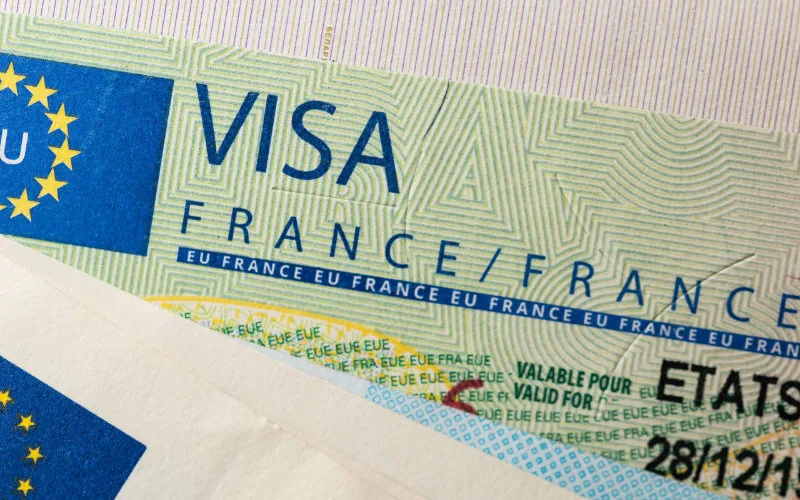
In the Maghreb, the pursuit of Schengen visas remains an expensive and often fraught process, exposing applicants to financial strain and, in some cases, fraudulent networks.
In Algeria, high demand for European travel authorizations has at times enabled scams, leaving citizens vulnerable to fake services that promise visas they cannot deliver.
This reflects a broader regional challenge, where obtaining a visa is both a necessity for mobility and a significant economic burden.
Morocco, in particular, recorded staggering costs for its citizens in 2024. According to media outlet Hespress, applicants collectively paid nearly one billion dirhams for Schengen visas, highlighting the financial weight borne by tens of thousands of families. While the number of visas issued rose to over 606,000—an increase of 17% compared with 2023—the refusal rate remained high at around 20%.
Those rejected lost more than 200 million dirhams in fees, as no reimbursement is provided, fueling feelings of injustice among applicants.
France remains the dominant destination for Moroccan travellers, with over 284,000 visas issued by its consulates in 2024, well ahead of Spain and Italy. This pattern reflects historical ties as well as economic considerations, as France continues to serve as the primary gateway to Europe for Moroccan citizens.
The financial and logistical challenges are not unique to Morocco. Across the Maghreb, the costs, administrative hurdles, and frequent refusals compound frustrations, creating a climate where parallel markets and fraud networks thrive. The Algerian and Moroccan experiences reveal that the visa process shapes family strategies, individual trajectories, and broader social perceptions of mobility.
Despite these difficulties, demand for access to Europe remains robust.
In 2024, Moroccans reaffirmed their determination to obtain Schengen visas, accepting the heavy financial and procedural costs.
The situation raises pressing questions about the long-term sustainability of a system that generates significant revenue for European states while imposing severe economic pressures on households across the Maghreb.
This tension underscores the complex balance between facilitating mobility and ensuring fair, accessible, and secure visa processes for citizens in the region.



